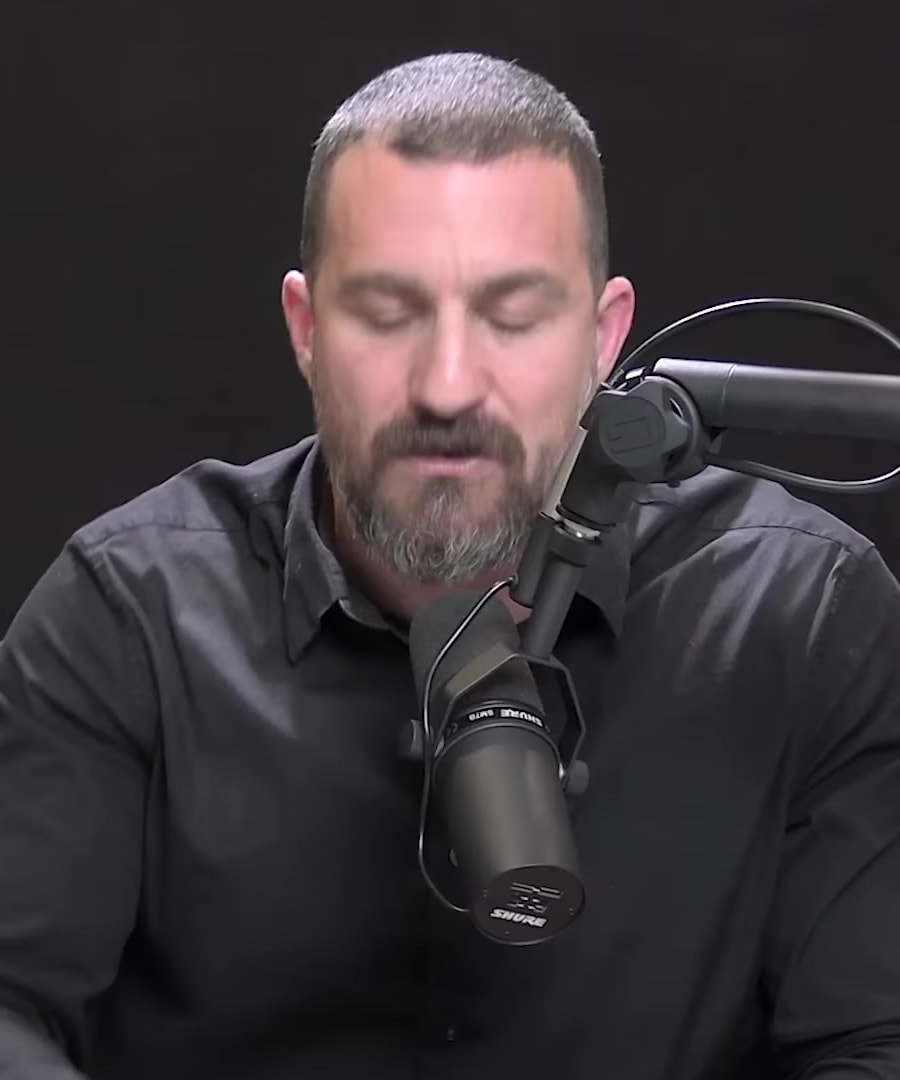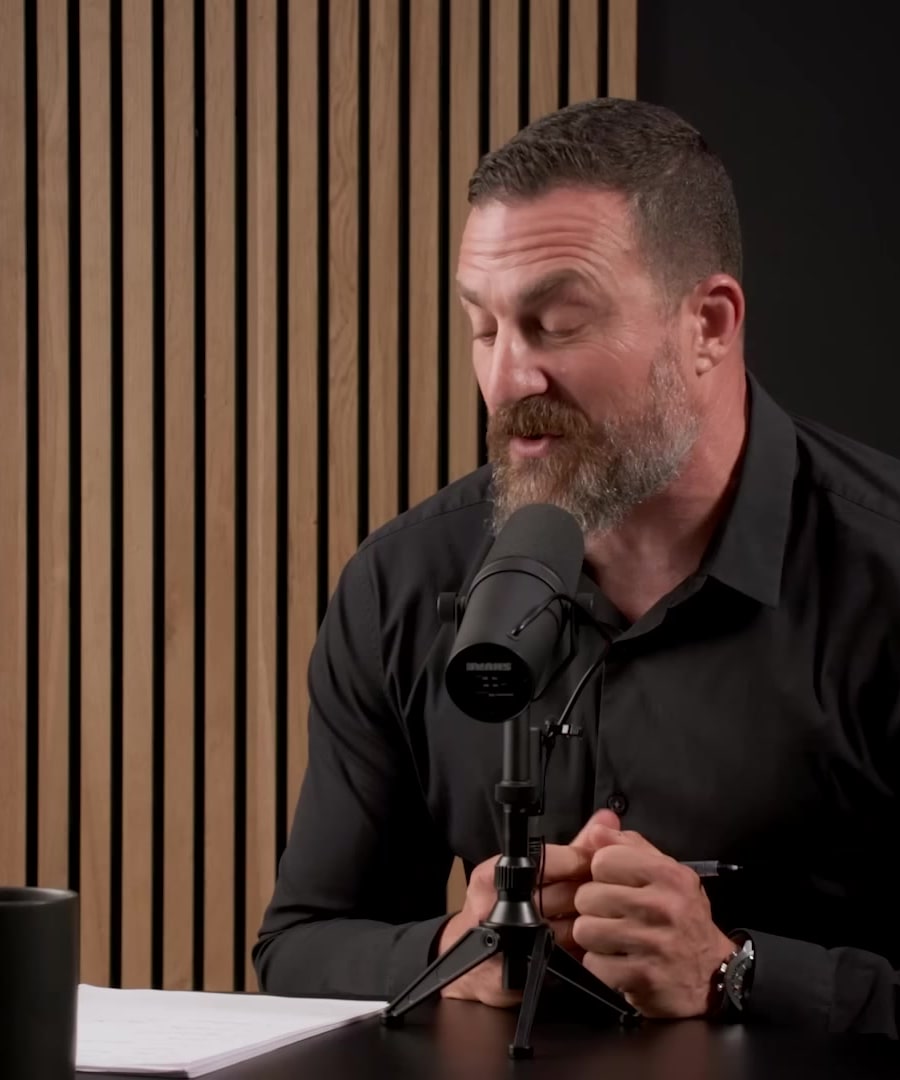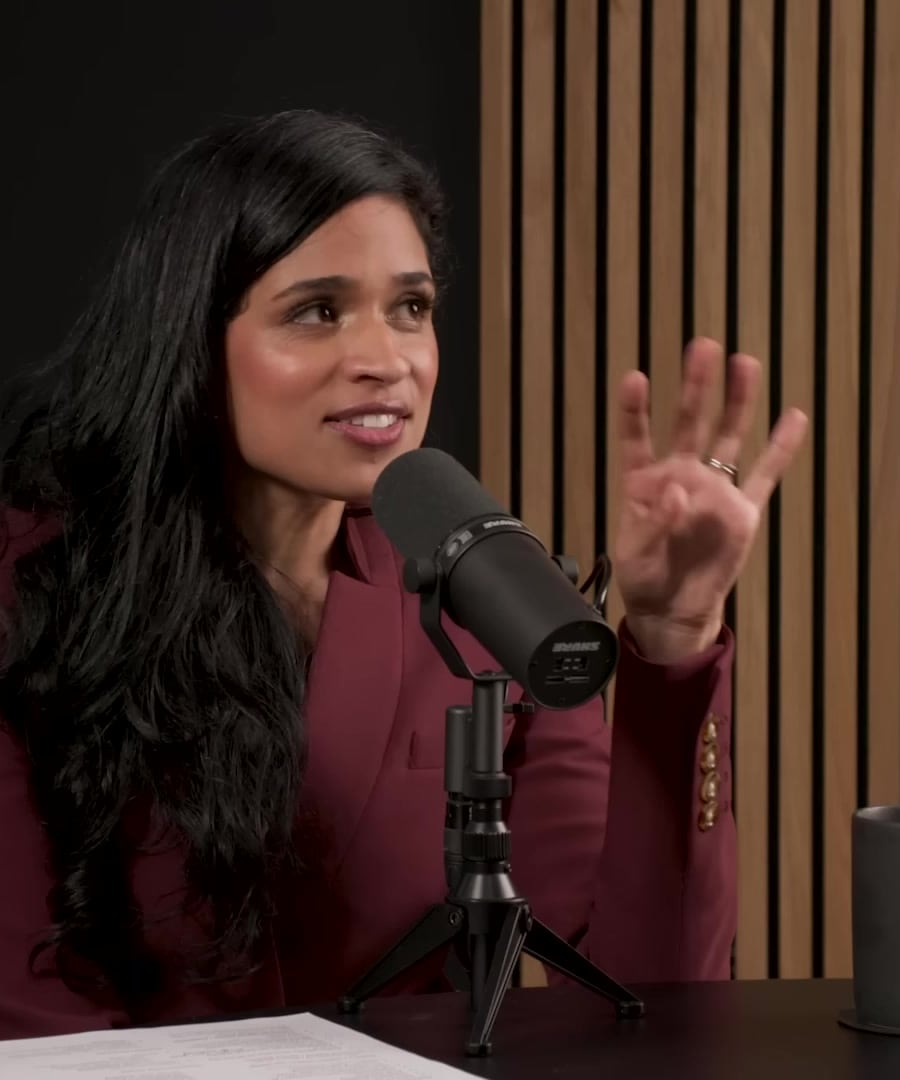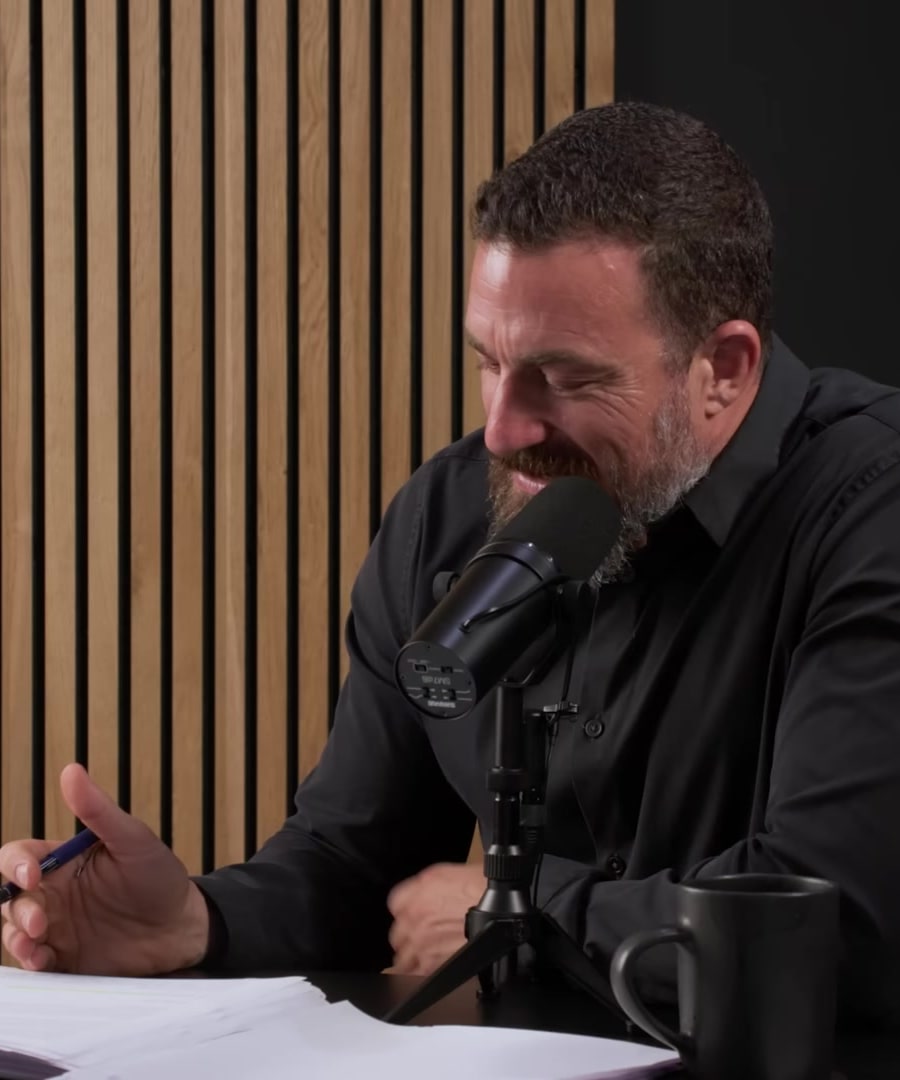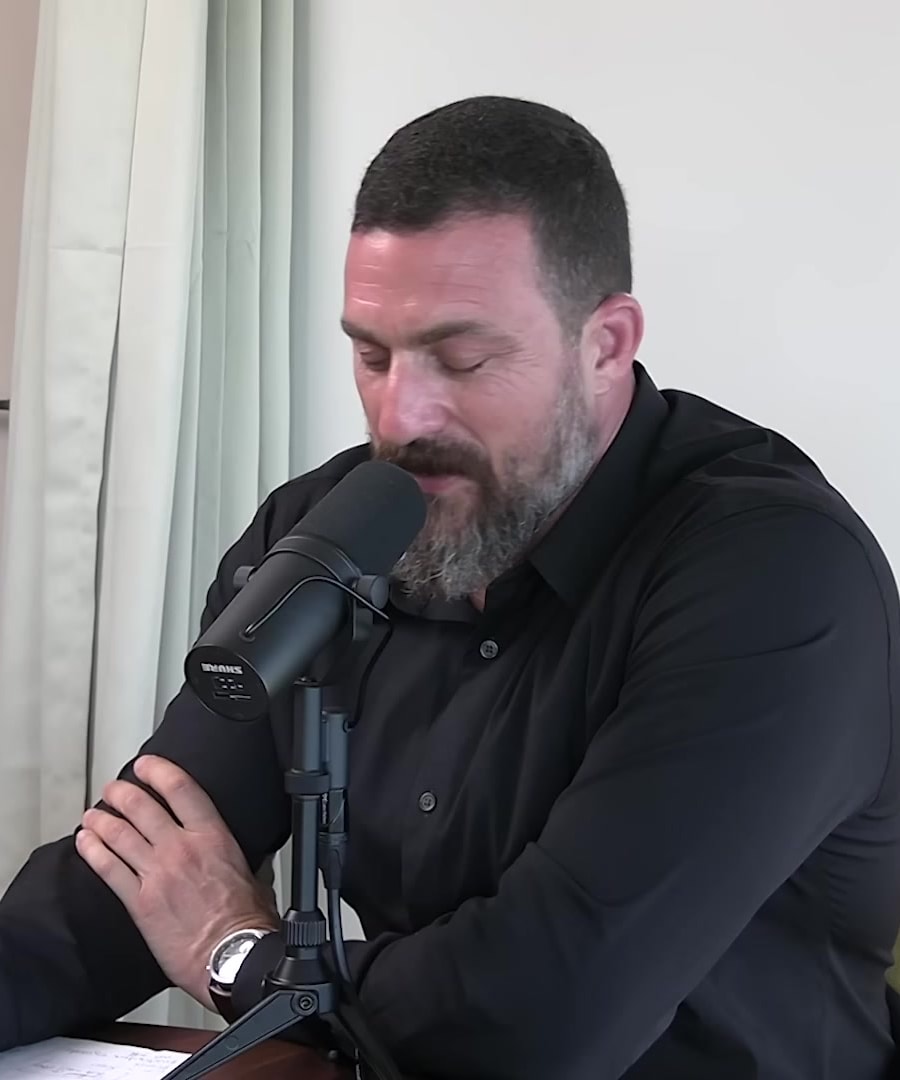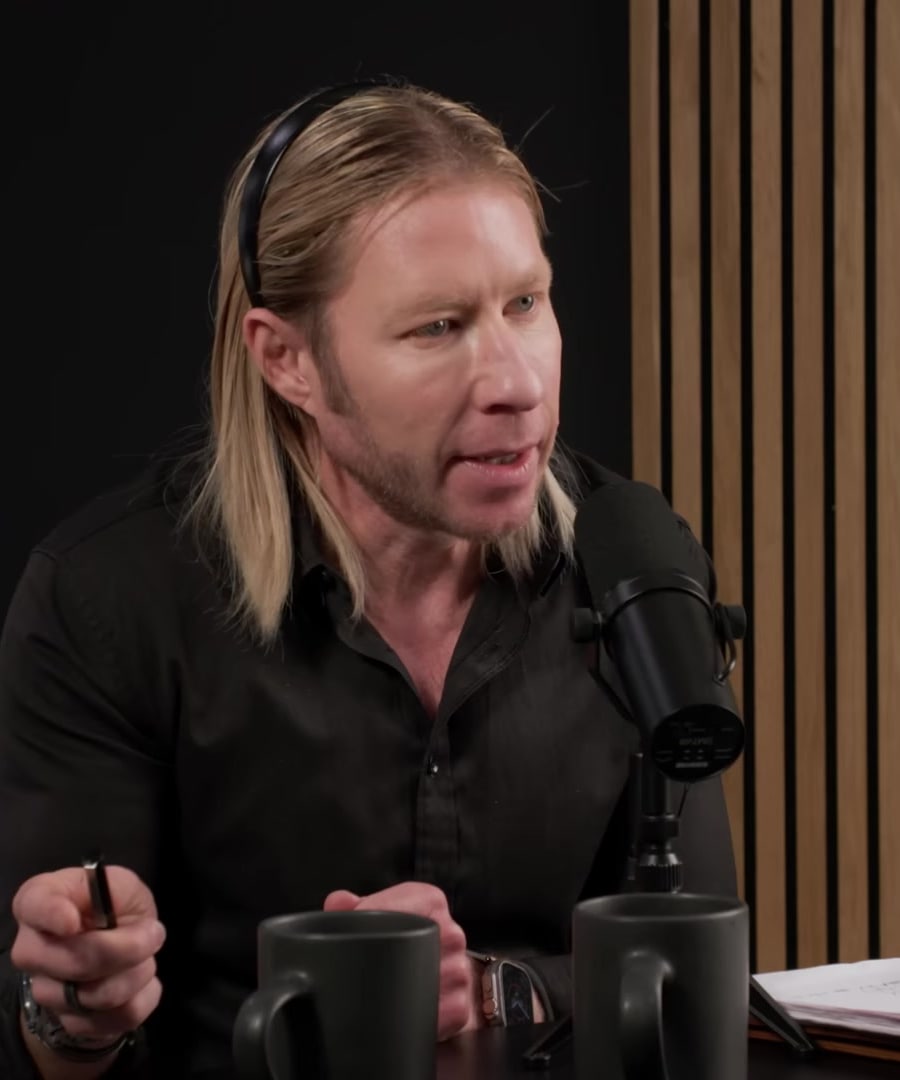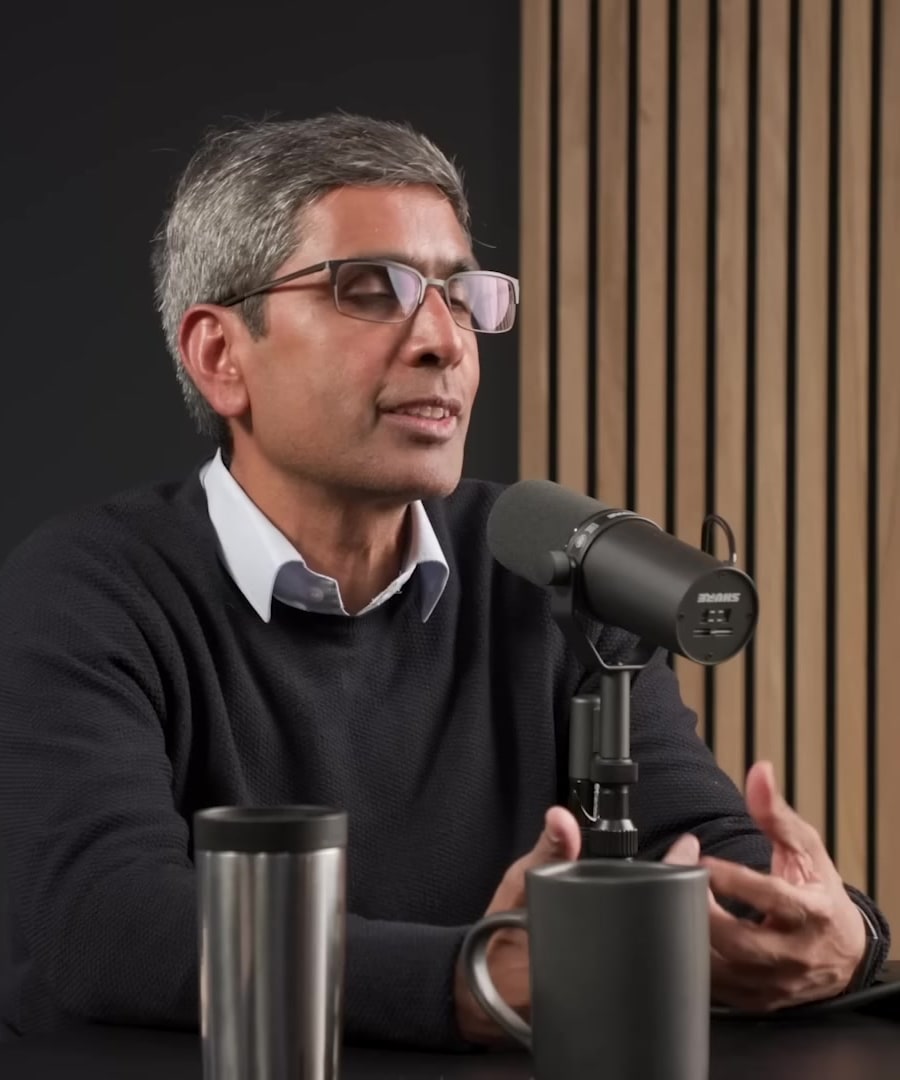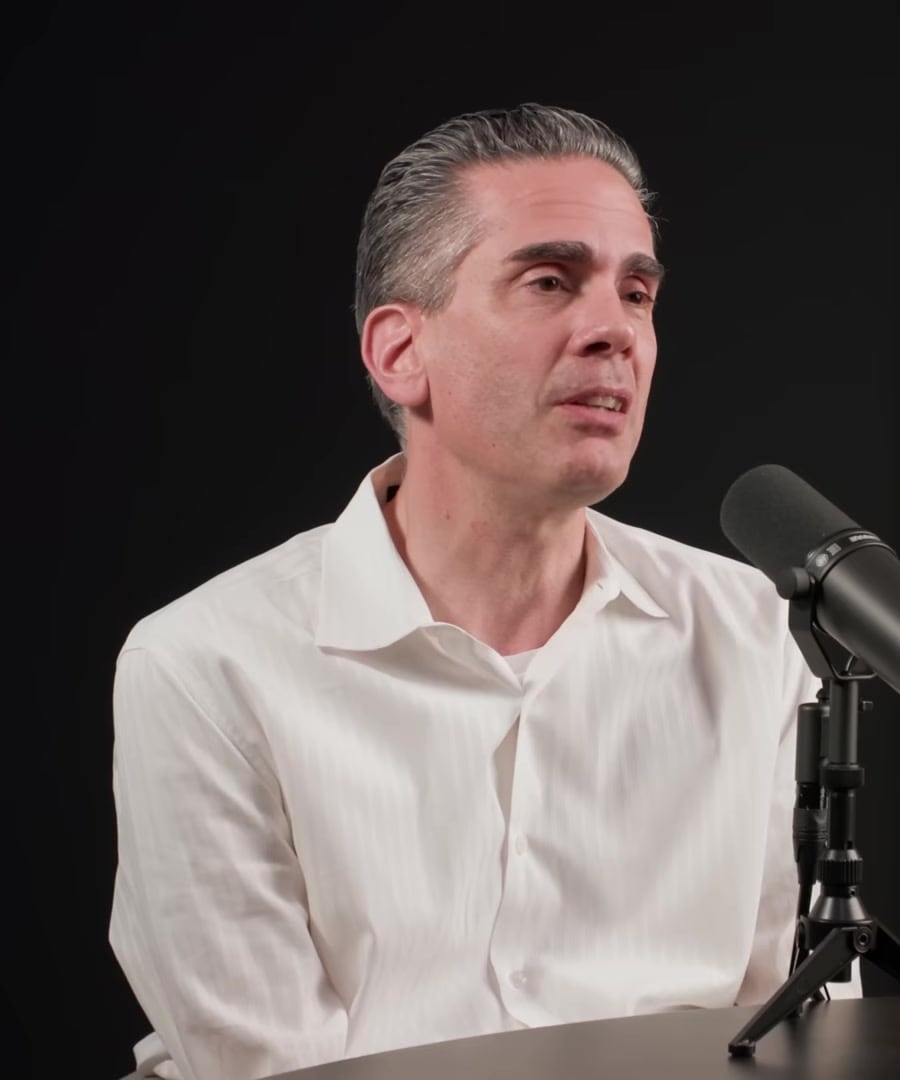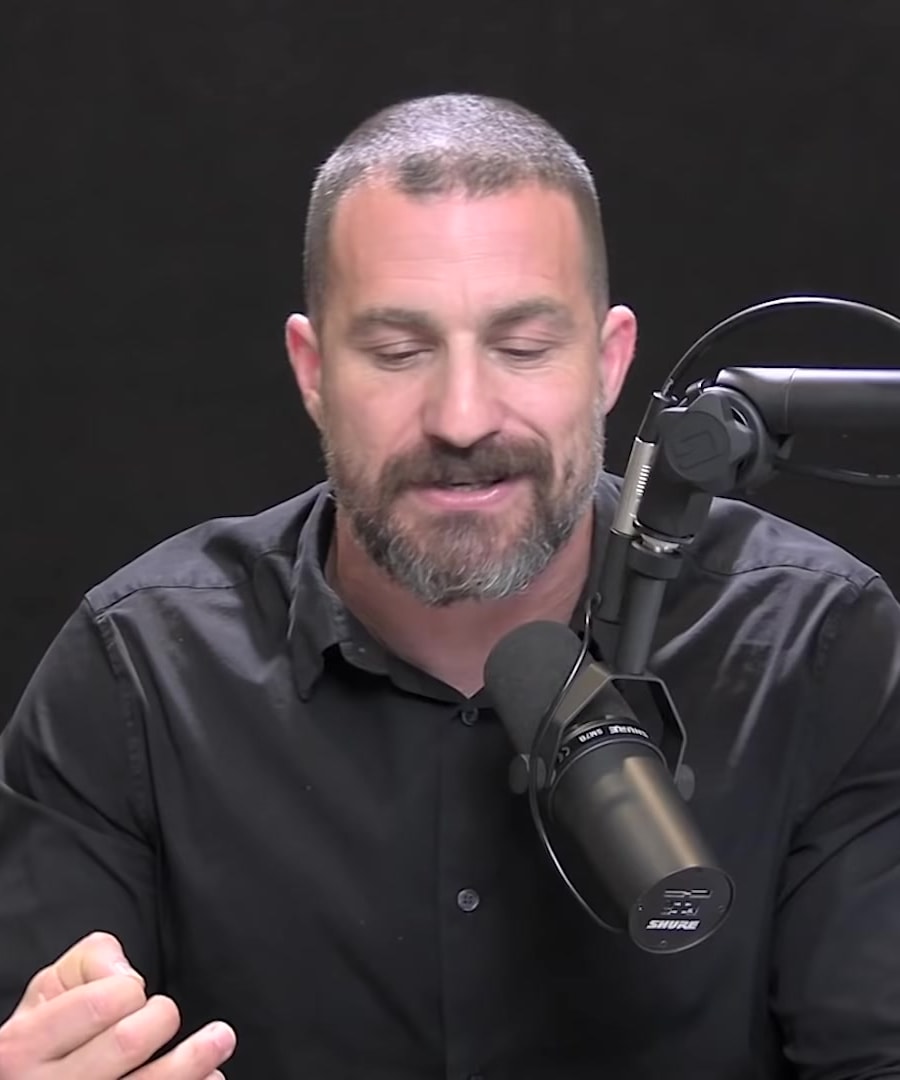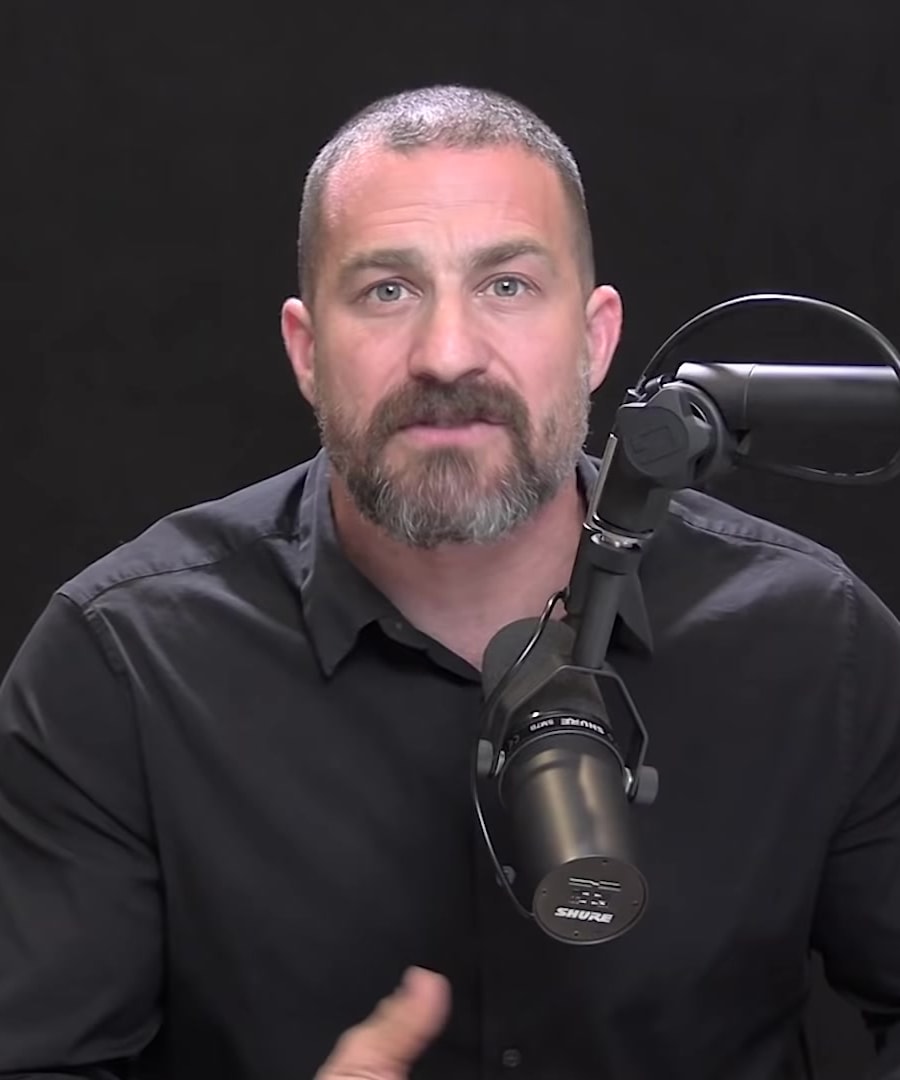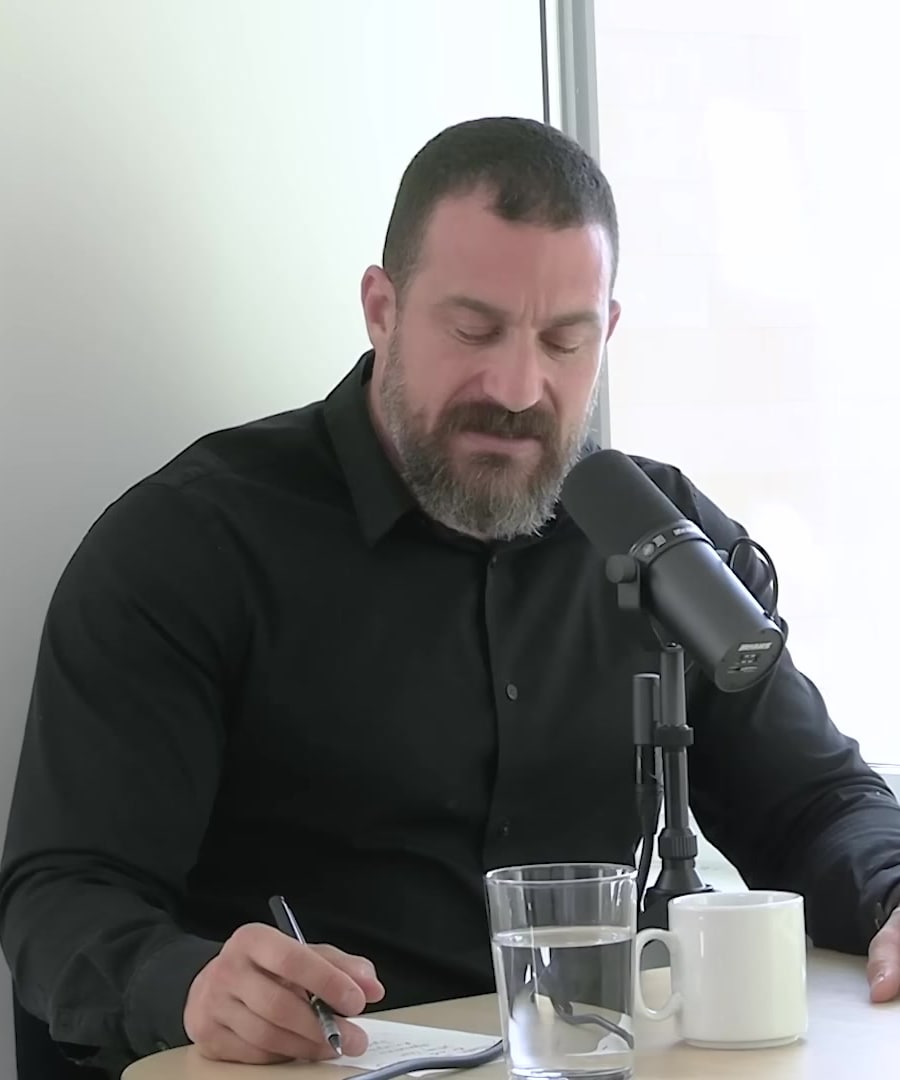I need a track suit to interpret and manage info.
It seems I couldn't find a specific clip from the directly related to interpreting and managing information. However, often discusses cognitive processes and strategies to optimize brain function, which might include topics relevant to managing and interpreting information effectively. You might be interested in exploring episodes that focus on brain health, cognitive enhancement, or learning strategies for more insights. If you have any specific aspects in mind, feel free to let me know!
RELATED QUESTIONSWhat are we doing?
Sources:
In discussing what we are doing in the context of neuroscience and managing our interactions and emotions, often highlights how our brain processes and structures affect behavior and decision-making.
For instance, during efforts and challenges, reframing them as sources of intrinsic reward can help engage the brain's reward systems more effectively. This technique involves mentally associating effort with pleasure, transforming usually strenuous tasks into more rewarding experiences over time 1.
Understanding the role of dopamine, a key neuromodulator in our brain, is also crucial. It's involved in reward processing and helps in reinforcing behaviors that are beneficial or harmful to us. Knowing how these circuits function can assist us in understanding our choices and actions better 2.
Thus, as we navigate our daily lives, focusing on these principles can improve our motivation, focus, and satisfaction by optimizing how our brain naturally seeks and interprets rewards.
RELATED QUESTIONSHow do I start?
Sources:
Starting something new can be daunting, but there are several strategies you can use to make the process smoother. Here are some tips shared by experts on the :
-
Embrace Fresh Starts: Cognitive scientist emphasizes the "fresh start effect," which involves leveraging big life changes (like moving to a new city or starting a new job) to introduce new habits. These changes provide a sense of a clean slate, making it easier to adopt new behaviors. Even arbitrary fresh starts like the beginning of a new week can be motivating since people often see them as chances to start anew 1.
-
Authenticity and Perseverance: For fields like comedy, advises staying true to oneself and ignoring external opinions. This focus on authenticity helps maintain motivation and engagement 2.
-
Intense Focus and Passion: suggests that young people especially might benefit from intensely focusing on one passion and working hard at it. This approach may be particularly effective in disciplines like programming, where dedication can pay off significantly 3.
These approaches highlight the value of using life transitions for new beginnings, staying true to oneself, and dedicating oneself thoroughly to passions, especially in select fields.
RELATED QUESTIONS-
Which city?
Sources:
Could you please provide more context or specify what you mean by "Which city?" for a more accurate response?
Meanwhile, an interesting discussion involving a city came up in a episode with , where they talked about the London taxi drivers. These drivers, known for their remarkable memory, undergo a process called "doing the knowledge," where they learn the entire roadmap of London. This study showed that the hippocampus, a part of the brain associated with memory, is larger in these drivers due to their extensive learning and experience navigating the city 1.
RELATED QUESTIONSWhich cities are discussed in podcasts?
It seems there are no specific clips currently available that focus on discussions about cities in the database. If you have any particular cities or topics in mind, let me know, and I can help find more targeted information or insights!
RELATED QUESTIONSWho are experts on city topics?
Sources:
I couldn't find specific experts from the Huberman Lab data who focus on city topics. However, you might find insights related to broader topics like urban living, psychology, and health from these experts who appeared on various podcasts:
- : Known for organizational psychology and exploring better work-life dynamics.
- : Specializes in the psychology of morality and moral emotions.
- : Focuses on deep work and productivity, which can relate to urban work environments.
- : A psychotherapist known for insights into modern relationships, which can be relevant to urban social dynamics.
These experts provide valuable perspectives that might indirectly inform city-related topics.
RELATED QUESTIONSWhat cultural insights are shared?
Sources:
Here are some cultural insights shared in the :
-
Firefighter Culture: To understand the cultural dynamics of firefighting, researchers immersed themselves in the life of firefighters. They examined the feasibility of a structured 10-hour eating window in a high-pressure environment like a fire station. This study highlighted the importance of understanding the community and routines within different cultural settings, like that of firefighters 1.
-
Appreciation of Differences: Dr. Paul Conti discusses the importance of embracing differences in relationships rather than focusing on sameness. Cultural diversity, such as enjoying different ethnic foods, reflects an appreciation for difference. This perspective is valuable in fostering healthy relationships and connections that are not solely based on shared interests or cultural backgrounds, but rather on a generative drive that promotes growth and creativity 2.
RELATED QUESTIONS-
What are some fresh start techniques?
Sources:
Here are some fresh start techniques discussed on the :
-
Fresh Start Effect: Cognitive scientist explains the concept of the fresh start effect, which involves using significant life milestones (such as moving, getting married, or starting a new job) as opportunities to introduce new habits. These moments provide a break from the past and make it easier to establish new behaviors due to changes in environmental factors. Even more arbitrary fresh starts, like New Year's, the first day of spring, or even a new week, can serve as motivators for change because they offer a clean slate 1.
-
Embedding New Habits into Neural Circuits: suggests disrupting bad habits by immediately introducing new positive behaviors right after engaging in an undesired action. This approach creates an "open loop" in neural pathways, effectively weakening the connection between negative impulses and their consequences. The positive behavior should be easy to execute to facilitate lasting change without requiring constant self-awareness or punishment 2.
RELATED QUESTIONS-
Who are the experts in habit change?
Sources:
Several experts in the field of habit change and formation have been featured on the :
-
Wendy Wood: Known for her extensive research in psychology, particularly focused on habits and behavior change. Her work is cited by for its insights into the cognitive and neural mechanisms associated with forming habits 1.
-
BJ Fogg: A researcher at Stanford University, recognized for creating the behavior model and concept of "tiny habits." His ideas have been discussed as part of successful habit formation strategies on the podcast 2.
-
James Clear: Author of the book "Atomic Habits," which details practical advice on building good habits and breaking bad ones. His work is included in discussions on behavior change, as noted by 2.
These experts have contributed to the understanding of habit formation through their research and publications, providing valuable tools and frameworks that are frequently referenced for personal development and habit change efforts.
RELATED QUESTIONS-
What are Wendy Wood's key findings?
Sources:
I need a track suit to interpret and manage info.
- RELATED QUESTIONS
What are we doing?
- RELATED QUESTIONS
How do I start?
- RELATED QUESTIONS
Which city?
- RELATED QUESTIONS
Which cities are discussed in podcasts?
- RELATED QUESTIONS
Who are experts on city topics?
- RELATED QUESTIONS
What cultural insights are shared?
- RELATED QUESTIONS
What are some fresh start techniques?
- RELATED QUESTIONS
Who are the experts in habit change?
- RELATED QUESTIONS
What are Wendy Wood's key findings?
